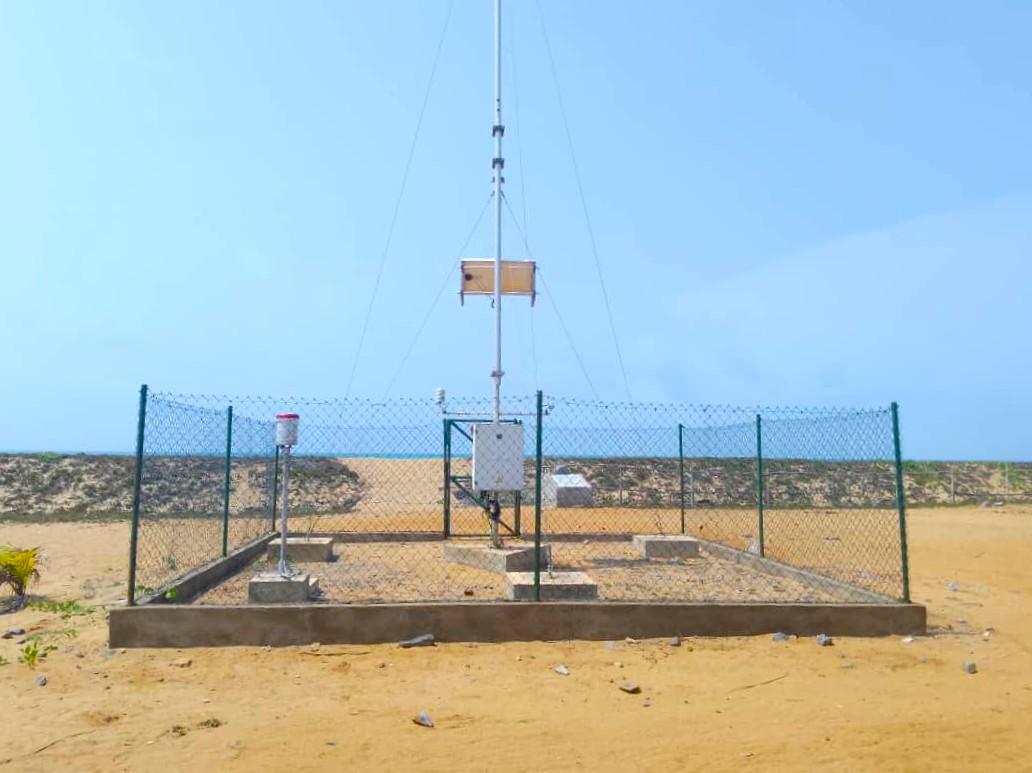News |
Modern equipment to strengthen Togo’s early warning system
The 31st edition of Radio du Littoral highlighted the efforts of the WACA project to strengthen Togo’s early warning system. Under its Component 2, the project has equipped the National Civil Protection Agency (ANPC) and the National Meteorology Agency (ANAMET) with modern tools to improve disaster prevention and risk management.
According to its director, Lt-Col. BAKA Yoma, the ANPC received 31 community beacons and flood markers, along with alert and response equipment such as sirens, drones, zodiacs, life jackets, boots, tablets, and walkie-talkies. With the support of the World Bank and the French Development Agency, this equipment has modernized the alert system and strengthened the operational capacity of field teams. In flood-prone areas downstream of the Mono River, the 31 installed beacons are already proving effective. As noted by Mr. ASSOGBA Akogbédji, head of the Séko area, “Thanks to the beacons and the awareness campaigns conducted by the Red Cross, we have been able to avoid unpleasant surprises caused by water releases from the Nangbéto dam.”
ANAMET, for its part, has been equipped with a modern system for collecting and processing marine meteorological data. This includes an automatic weather station installed in Aného to monitor ocean-meteorological parameters (wind, temperature, humidity, pressure, waves, tides), computer equipment and specialized software for data processing and dissemination, a telecommunications system linking the station to the control center in Lomé, as well as calibration and maintenance tools. Thanks to these investments, ANAMET has transitioned from a limited and largely manual setup to an automated and integrated system, significantly improving the reliability of meteorological and climatological services in Togo, explained Mr. PALANGA Matanatcho, head of the Instruments and Observation Methods Division.
The early warning system, established by the government, aims to alert populations in a timely manner in the event of high tides, floods, droughts, heatwaves, or fires. With WACA’s support and the strengthened collaboration of several services, this national mechanism has become more effective and contributes to reducing community vulnerability to natural disasters.
